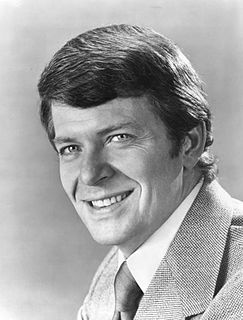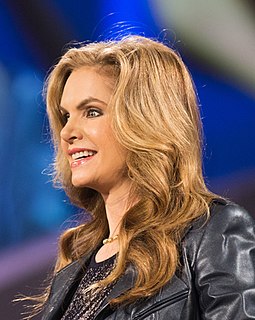A Quote by Atul Gawande
I talked to over two hundred patients and family members about their experiences with aging, serious illnesses, and the big unfixables. But I also spoke with scores of physicians, and especially geriatricians, palliative care doctors, hospice nurses, and nursing home workers. The biggest thing I found was that when these clinicians were at their best, they were recognizing that people had priorities besides merely living longer. The most important and reliable way that we can understand what people's priorities are, besides just living longer, is to simply ask. And we don't ask.
Quote Topics
About
Aging
Also
Ask
Besides
Best
Big
Biggest
Biggest Thing
Care
Clinicians
Doctors
Experiences
Family
Family Member
Family Members
Found
Had
Home
Hospice
Hundred
Illnesses
Important
Just
Just Living
Living
Living Long
Longer
Members
Merely
Most
Nurses
Nursing
Nursing Home
Over
Patients
People
Physicians
Priorities
Recognizing
Reliable
Scores
Serious
Serious Illness
Simply
Spoke
Talked
The Most Important
Thing
Two
Understand
Way
Were
Workers
Related Quotes
We really have to think about aging because women are living longer than men. More of the people who need care are women. A lot of them are living alone, with no one to care for them, or they're shunted into institutions. I would like to see a sensible aging policy more like what the Nordic countries have. They're cutting back those programs, but there you can still have in-home nursing care. You don't have to rely on your children. I personally don't want to be a burden on my daughter.
Once you start to ask patients about their priorities, you discover what they're living for. Once you uncover that, it helps you, as a doctor, decide what to fight for. And when we do that, we often end up identifying limits to the kind of care that people want. One's assumption is that these people are going to live shorter lives, but what we're doing is protecting quality of life. In doing so, you sometimes end up helping people live longer. Certainly, you help people live better days and with more purpose in their lives.
The strange thing about my life is that I came to America at about the time when racial attitudes were changing. This was a big help to me. Also, the people who were most cruel to me when I first came to America were black Americans. They made absolute fun of the way I talked, the way I dressed. I couldn't dance. The people who were most kind and loving to me were white people. So what can one make of that? Perhaps it was a coincidence that all the people who found me strange were black and all the people who didn't were white.
The few surviving Armenians no longer ask to go home. They do not ask for restitution. They ask simply to have the memory of their obliteration acknowledged. It is a moral obsession, the lonely legacy passed onto the third and fourth generation who no longer speak Armenian but who carry within them the seeds of resentment that will not be quashed.
People and organizations other than doctors increasingly are assuming power to decide which medications to prescribe or procedures to undertake. More and more, decisions about personal healthcare are no longer made by the treating physicians in consultation with their patients, and based on the doctors' expertise.
Just look at the list of who the lowest-paid people are. Pediatricians are at the bottom. You would also look at internists. You would look at psychiatrists. You would look at family physicians, HIV specialists. People who take care of chronic illnesses by seeing people carefully over time, those are the people who get the least money. The people who have the most are people like orthopedic surgeons, interventional cardiologists. And my point isn't that there is something wrong with heroism.
The thing is, Guantánamo is also a naval base, and they're under the delusion - especially the people on the naval side who are not dealing with the prison - that they can just pretend this is an ordinary Caribbean naval base. For them, it's: "Why are you making such a big deal out of the most notorious prison in the world?" It's like if people living near Buchenwald said they wanted to talk about the other lovely things in the region besides the camp.
There were days - she could remember this - when Henry would hold her hand as they walked home, middle-aged people, in their prime. Had they known at these moments to be quietly joyful? Most likely not. People mostly did not know enough when they were living life that they were living it. But she had that memory now, of something healthy and pure.
I went to many coaching clinics, talked to other coaches, read articles, books, etc. Anything I could do that would help me prepare to be the best coach possible. Fortunately, the coaches I had as a player were good men and were excellent role models in setting priorities and relating to the team members and coaching staff.
There's a wonderful support network developing worldwide of people who understand what this big calling is, the calling of love. People often ask me, "Is it selfish to want to experience more love? Aren't you just focusing on yourself?" and my answer is that it's the least selfish thing you can do. When you start living more and more in higher states of love, it affects everyone around you and it's the biggest way you can contribute to this planet.


































